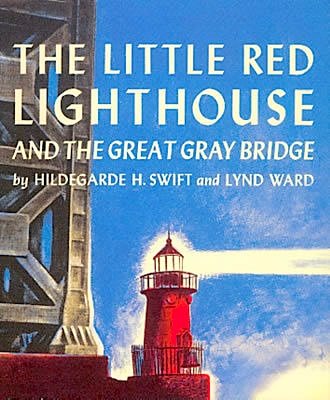

What about other types of genre fiction written by authors with talent and literary ambition? There was some discussion of John le Carré's novels, several of which, James thought, had deserved Booker recognition - Tinker, Tailor, Soldier, Spy was "absolutely good enough" - but which, she believed, were prevented from achieving it by their status as "spy novels" or "thrillers".

"I don't think a detective writer will ever win the Booker," though she cited some of Ruth Rendell's Barbara Vine books as examples of "crime mysteries" that had deserved to make it on to a Booker shortlist. Such snobbery may be dead, but the distinction still existed. Did James feel that her chosen genre is sometimes "disparaged" or condescended to? She admitted that disparagement was a long habit, begun, she thought, in the Victorian age, when "sensation novels" were put in a separate category from "serious fiction". There was some animated discussion of the relation of detective fiction to "what we might call literary fiction", as one questioner put it. Like any good writer of crime mysteries, James was willing to explain the logic of any twist of characterisation or idiosyncrasy of plotting. She invited her readers in the room to agree that, arriving at the "solution" of one of her puzzles, they might not care whether they had themselves "got it right", but they would care whether the clues had been "there" all along. Even the false lures and distracting subplots had to be detectable as such, at least in retrospect. "Fairness" was uppermost in her answers to many of the questions she was asked when she came to the Guardian book club to talk about her novel The Lighthouse.

N ovelists of course like to satisfy their readers, but it is only the writer of murder mysteries - especially a practitioner of the novel of detection in its classical form, such as PD James - who speaks of being "fair" to their readers.


 0 kommentar(er)
0 kommentar(er)
